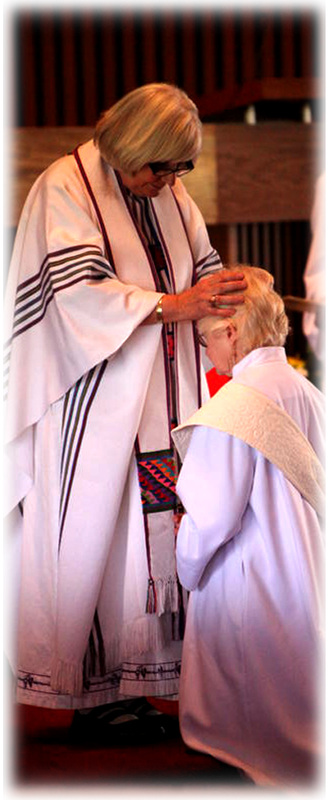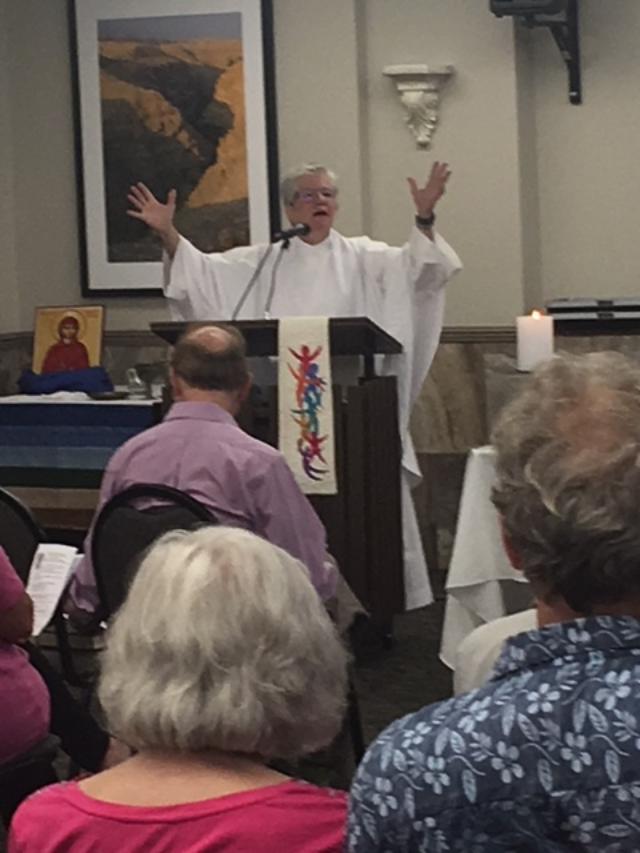3rd Sunday of Lent, March 3, 2024
Helen Weber-McReynolds
2 Chron 36: 11-12, 14-21; Ps. 137; James 4: 7-10; Mark 11: 12-21
We hear a lot about mindfulness these days, about concentrating on the present moment and appreciating its beauty, of relishing the interaction with the people you are with, and of not trying to multitask or let yourself be distracted by letting your thoughts rush ahead to what is about to happen next. Mindfulness can help us prioritize people over accomplishments and recognizing our blessings over greedy acquisition.
To me mindfulness has a connection to the idea of Sabbath, which we have inherited from our Jewish ancestors. Sabbath, that 3rd Commandment, made Israel’s ethical code unique from that of other societies. Most other groups at that time in history agreed that murder, lying, and stealing destabilized societies. But the idea of Sabbath brought love into Israel’s way of life. Their agreement to set aside one day each week for worship, rest, and family life meant they valued people over work and profit, and respect for the well-being of everyone in the community over competition and wealth. And the fact that they believed there was a God who loved them enough to ask them to cement this loving tradition into their way of life made them aware that they were uniquely loved and chosen. Eventually, they established a Temple to honor this God, a center of their worship, a place for all to relate directly to God.
All of which is helpful, I think, to be able to understand Jesus’ surprising behavior in today’s Gospel. In the chapters in Mark’s gospel before this one, Jesus was journeying toward his final visit to Jerusalem. Along the way, he blessed little children and cured blind Bartimaeus. His actual entrance into the city was triumphant, but non-violent and humble. So what explains his disruption in the Temple?
Mark relates that what Jesus found when he entered the Temple that day was not respectful worship, but exploitation of the most vulnerable members of Jerusalem’s Jewish community. Scholars of Temple architecture and tradition tell us that vendors of animals for ritual sacrifice were selling them there to women and lepers, who were obligated by purity laws to buy them, to be ritually cleansed, and able to rejoin full religious community participation. These merchants had turned the Sabbath and the Temple into the opposite of respect and honor. They were preying on the poor and their devotion to religious regulations. So Jesus felt he had no choice but to kick them out.
It seems like Mark included the fig tree story to emphasize the point that Jesus expected much more from the Temple and the people of Jerusalem. Though it was early for figs, this tree had lots of leaves, so he was hoping for the best from it. But it bore no fruit, just as the Temple was barren of spiritual and social fruitfulness.
Our first reading, from 2 Chronicles, tells of desecration of the Temple by corrupt religious leaders centuries before, who refused to listen to the prophet Jeremiah. Consequently, the terrible King Nebuchadnezzar was able to defeat the people of Jerusalem and cast them into exile in Babylon. The reading ends with reference to 70 years of lost Sabbaths. The people had lost their way, had stopped honoring the life of respect and justice for the earth and all the people on it that they had vowed to follow. They had let their covenant with God become desolate.
Jesus taught that where two or three are gathered in his name, he is present. His ultimate sacrifice of love and resurrection replaced the Temple as the center of our worship. But our obligation to lead a Sabbath life remains the same. Where does our commitment to taking time for worship, rest, and family life stand? Are we fully mindful of prioritizing people and all the other wonders God has blessed us with over success, wealth, prestige, and other selfish distractions? It seems to me that Lent offers us a special Sabbath time to contemplate these questions.
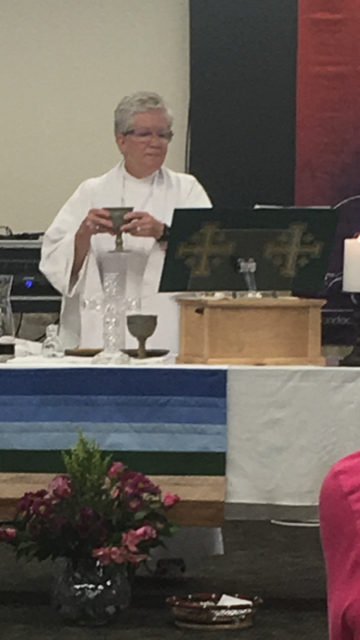
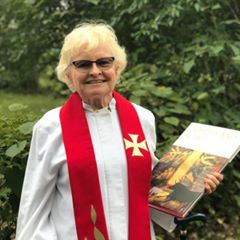
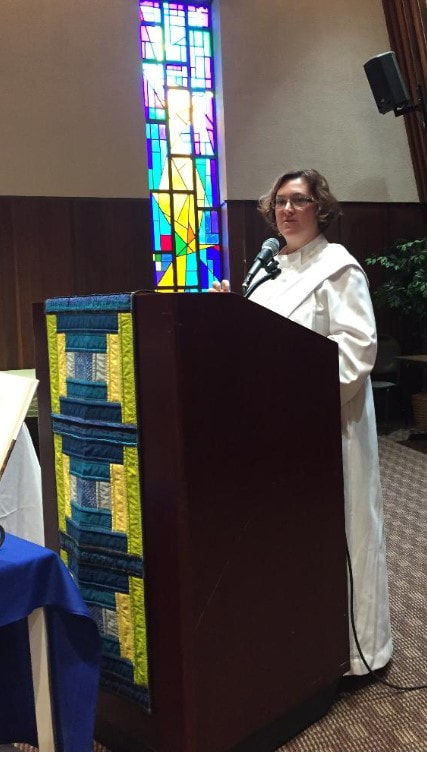
 RSS Feed
RSS Feed
